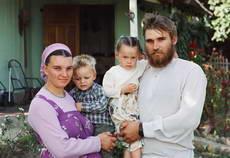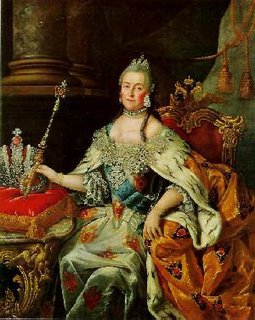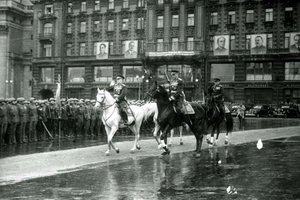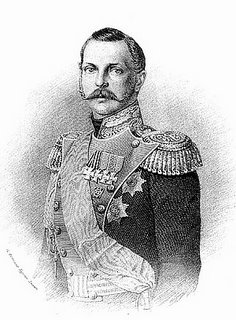Old Believers: Far and away

Old Believers: religious community that broke away from the Russian Orthodox Church in the 17th century to protest patriarch Nikon's (more Byzantine-minded) reforms. Today they live in isolated communities throughout Alaska and Russia.
I've always been fascinated by how isolated Old Believer's communities have been. I remember reading a few years ago that an Old Believer settlement in Siberia was only discovered in the '60s after a Soviet helicopter pilot inadvertently flew over their clearing in the woods. Even today, these religious communities prefer to be left alone, as this one reporter can attest:
I felt at ease in the company of my fellow outcasts, who seemed to accept my ‘Western’ attire, my ‘modernised’ Russian language, my shaven beard-less face, even my camera (the Old Believers are notoriously camera-shy). There was only one thing about me that they could not come to grips with: smoking.
"In Voznesenka, they would attack you with an axe, if they saw you with a cigarette in your mouth," Iona told me with a grimace of disapproval on his face. I made a mental note never to come close to the village of Voznesenka, which had a reputation of being even more reclusive and more conservative than Nikolaevsk.
A great many live in Russia's Altai mountains bordering Mongolia, locating there to avoid past state persecution (pics included). Another account of their life in Alaska. Kudos to their sacrifice and devotion.
Update: The Clone Fact blogs on meeting Old Believers and smallpox in Siberia









